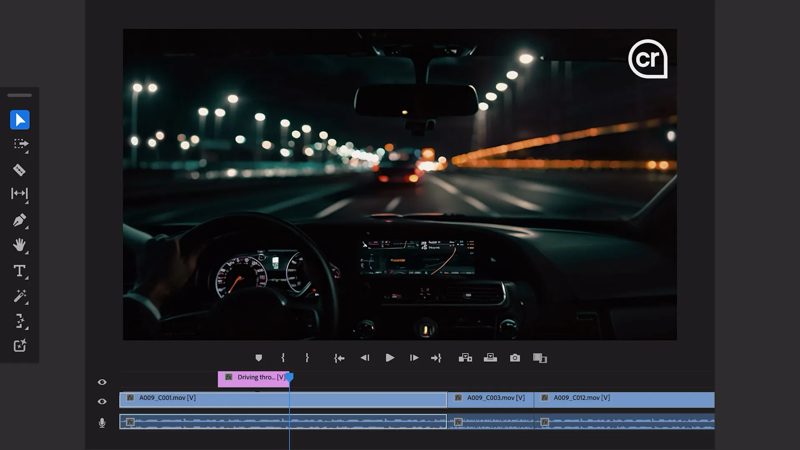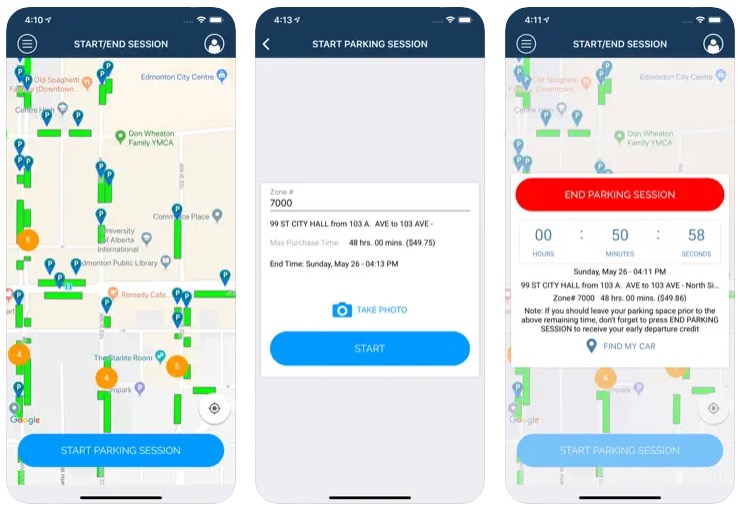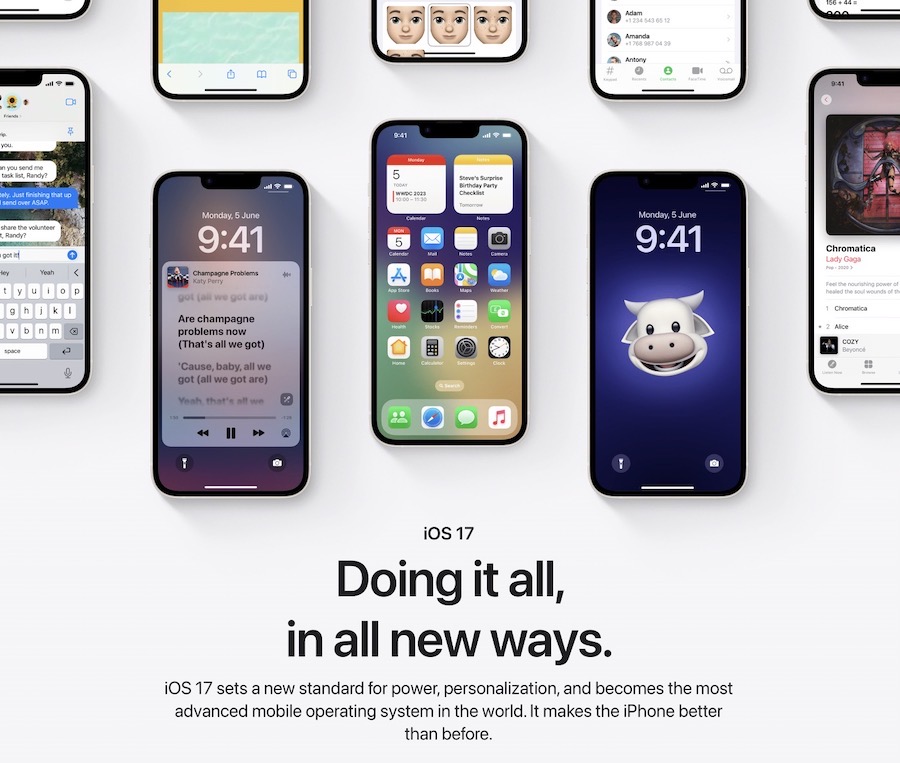
COVID Alert App Will Start Collecting New Performance Metrics Soon
Health Canada has announced the country COVID Alert exposure notification app will soon be updated to collect new performance metrics.
According to Patty Hajdu, Minister of Health, she said, “With these new performance metrics, we are still prioritizing privacy while increasing our understanding of the apps’ effectiveness on reducing the spread of COVID-19.”
The following metrics will soon be collected by COVID Alert, “while maintaining strong privacy measures to protect confidentiality”, explains the federal government:
- the number of active users and downloads per province or territory;
- the number of exposure notifications sent;
- the number of users who enter a one-time key after receiving a notification; and
- technical performance to help ensure the app is working correctly.
Health Canada says The Office of the Privacy Commissioner was “satisfied” with the safeguards in place as part of COVID Alert and in regards to this upcoming update.
COVID Alert will start collecting these metrics over a phased start over the next two weeks, beginning today, February 9, 2021.
Starting today, people with #COVIDAlert will see a notification letting them know that the app will start collecting metrics.
Read on to learn more. 👇 pic.twitter.com/dzDLlvCGJJ
— Canadian Digital Service (CDS) (@CDS_GC) February 9, 2021
Canada’s COVID Alert app is based on Google and Apple’s exposure notification framework, which leverages Bluetooth on devices for anonymous “handshakes” in the background. The app does not use GPS info or collect any user data. It has been vetted as safe by Canada’s privacy commissioner and provincial counterparts.
When someone tests positive for COVID-19, they can anonymously alert others that may have been in contact using COVID Alert, by obtaining a one-time-use key from their provincial health authority.
Provinces currently supporting COVID Alert:
- Manitoba
- New Brunswick
- Newfoundland and Labrador
- Ontario
- Quebec
- Saskatchewan
- Nova Scotia
- Prince Edward Island
- Northwest Territories
Still waiting for:
- Alberta (SHAME!)
- British Columbia (SHAME!)
- Nunavut
- Yukon
Download links:
As of February 7, COVID Alert has been downloaded 6.18 million times, with 18,598 people voluntarily entering in one-time keys, according to the federal government.


